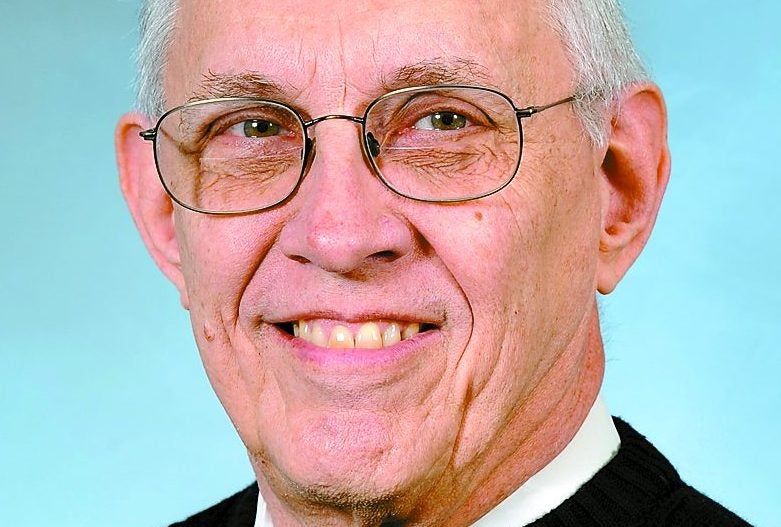Polls, polls, everywhere a poll
Published 9:15 am Wednesday, December 7, 2016

- Chuck Witt is a retired architect and a lifelong resident of Winchester.
The pollsters this year pretty much had everything wrong from the get-go. The polls that began during the early primaries were constantly shifting between candidates depending on circumstances which were also changing from week to week.
Shortly after Trump won the race for president, many pollsters were scrambling to try to justify why they were so wrong, including Dr. Sam Wang of Princeton who vowed to eat a bug if he was wrong about a Clinton victory — and did so on live TV. Most other pollsters were eating crow at the same time.
More importantly, though, is a question about polls in general.
There are street polls, phone polls, classroom polls, write-in polls, all of which are subject to errors and inaccuracies.
Politicians typically espouse they pay no attention to polls. Yet in presentations or debates, those same politicians invariably bring up the results of the latest polls, especially if those polls show that particular candidate in the lead. And, of course, the opponent who may be trailing in the polls, quickly points out no attention should be paid them.
Even the polls which have a history of being the most accurate routinely point out there is a three or four point margin in their results, a margin which, if applied to both the candidates, results in a margin twice that noted. So, if the margin of error can be as great as 6 to 8 percent, why pay any attention to it at all?
Another question to be asked about political polls is why are so many people so willing to tell a complete stranger how they are going to vote? Whatever happened to the secret ballot?
When called on the phone by someone claiming to be a pollster, people will almost automatically give out a wealth of information about themselves, who they plan to vote for, their annual income, their party affiliation, whether they attend church, what part of the country they live in, their nationality — virtually nothing is off limits. Why would you do this? It’s nuts!
Pollsters even wait outside polling stations to inquire of departing voters how they voted. It seems patently ridiculous to go cast a secret ballot, only to exit the voting booth and tell someone how you just voted, especially a stranger.
And, with the speed these exit polls can be broadcast, they may well have implications in locations where voting is still taking place.
For instance, if the news reports exit polling in Maryland as favoring one or another candidate, that report could well influence voters in Colorado or California who still have many hours to cast votes.
It would be too much to suggest laws should be passed restricting polling; there are important Constitutional issues involved which allow pollsters freedom to solicit information.
But it is not reactionary to suggest to people they simply lie to pollsters (perhaps in an effort to curtail some of the more frivolous polling), or refuse to participate in a poll.
The idea of telling someone, other than close friends or family how one is likely to vote, seems antithetical to the process of electoral democracy, especially if the polling itself acts as a catalyst to moving someone to vote one way or another.
A vote should be on the issues, not dependent on how it appears others of the electorate are selecting their candidate, and pollsters seem to perform no salutary service to further that goal.
Chuck Witt is a retired architect and a lifelong resident of Winchester. He can be reached at chuck740@bellsouth.net.




